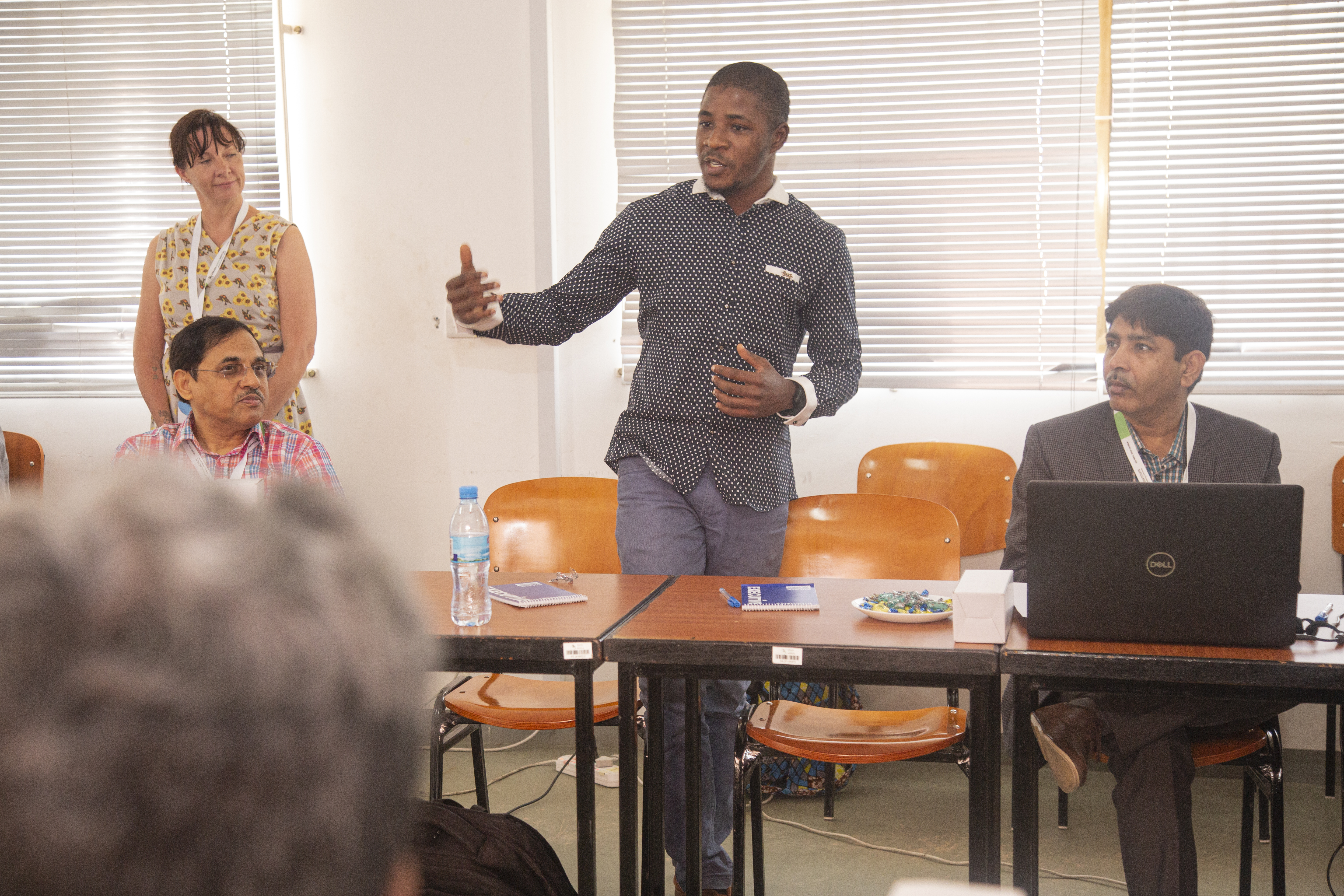
IHI-WHO joint workshop kicks off in Bagamoyo

Ifakara Health Institute (IHI) and World Health Organization (WHO) host Indoor Residual Spray (IRS) and Long-Lasting Insecticidal Nets (LLINs) Protocol Writing and Analysis Workshop in Bagamoyo from December 4-13, 2019.
Participants come from Institute of Medical Research (IMR) Kuala Lumpur, Malaysia; Institute for Communicable Disease Control and Prevention (ICDC), Beijing, China; National Institute of Malaria Research (NIMR) New Delhi, India; Vector Control Research Centre (VCRC) Puducherry, India; Vector Control Research Unit (VCRU) Penang, Malaysia; and Universidad Autonoma de Yucatan (UADY) Merida, Mexico.
Facilitators are: Dr. Sarah Moore and Olukayode Odufuwa from IHI; Dr. Amanda Ross from the Biostatistics Unit at the Swiss Tropical and Public Health Institute, Basel, Switzerland; Dr. Jeannette Martinez from WHO PQT-VC in Geneva; and Dr. Fabrice Chandre from the Institut de Recherche pour le Développement (IRD, France).
Dr. Rajpal Yadav is also facilitating the workshop. He is Co-chair of the GMP/NTD/TDR Joint Action Group on Global Vector Control Response and the focal person of the WHO Secretariat on FAO/WHO collaborative program on pesticide management at the Department of Control of Neglected Tropical Diseases, WHO, Geneva.
More Info: About the training
The conduct and analysis of studies to generate data for the prequalification of vector control products according to the principles of Good Lab Practice (GLP) and following the guidelines of WHO requires a thorough understanding of the tests involved.
Participants will be introduced to all the tests required by WHO for product evaluation, the principles behind the tests and will develop their own protocols and Standard Operating Procedures (SOPs) for each phase of testing.
In addition, participants will take part in practical training of the conduct of tests, analysis, and reporting of the data generated. The course will be conducted with around 63 contact hours over ten days.
At the end of the workshop, the participants should be able to apply the principles of WHO guidance on Long-lasting Insecticidal Nets (LLIN) and Indoor Residual Spray (IRS) to design, conduct and critically appraise study data for reporting to manufacturers that will use the data for prequalification of products.
#IHItraining
